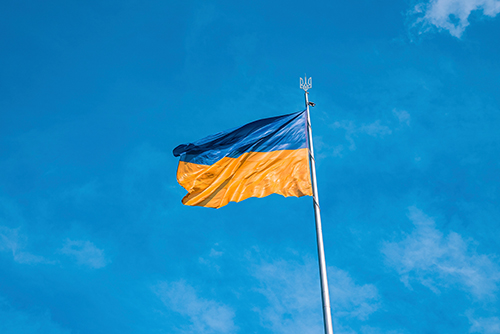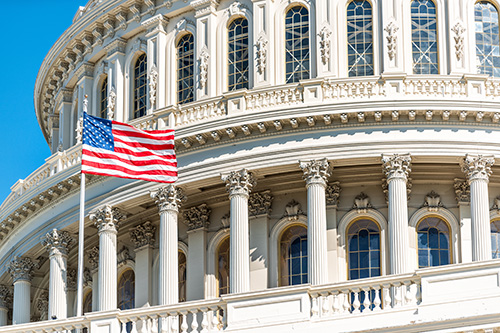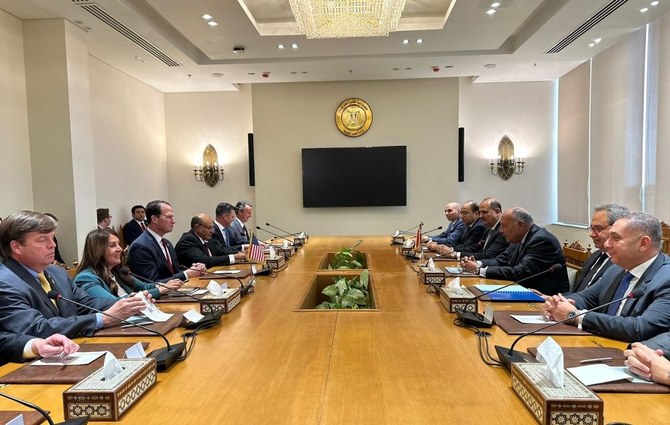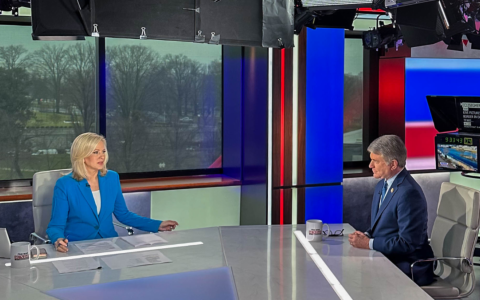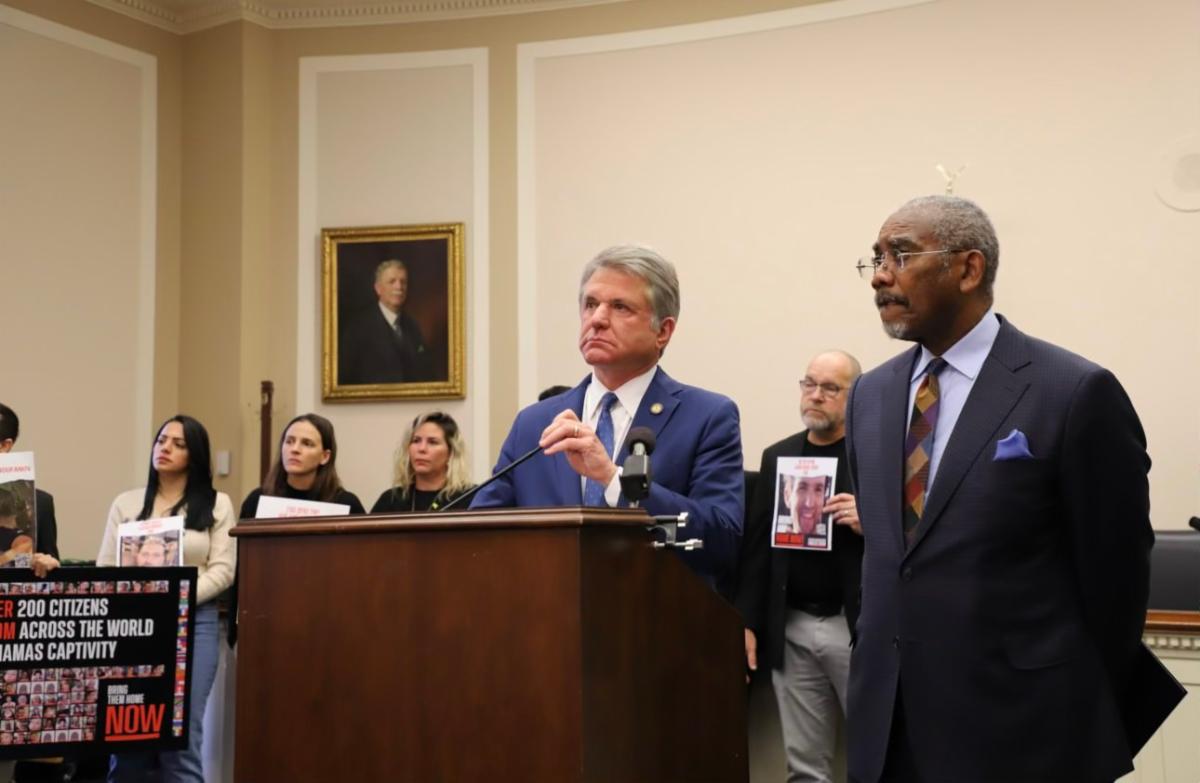The PLO Office in the United States Has Existed and Exists Today in Violation of U.S. Law
Urge Secretary Pompeo, Attorney General Sessions to Close Palestinian Liberation Organization
Recently, Rep. Ileana Ros-Lehtinen and I penned a letter to Secretary of State Mike Pompeo and Attorney General Jeff Sessions regarding the status of the Palestine Liberation Organization’s (PLO) office in the United States. In the letter, we urge the Administration to begin taking the necessary steps and instituting the necessary legal action to close the PLO office, citing the Anti-Terrorism Act of 1987.
Read the full letter here and below:
June 7, 2018
The Honorable Mike Pompeo
Secretary
U.S. Department of State
Washington, D.C. 20520
The Honorable Jeff Sessions
Attorney General
U.S. Department of Justice
Washington, D.C. 20530
Dear Secretary Pompeo and Attorney General Sessions:
We write regarding the status of the Palestine Liberation Organization’s (PLO) office in the United States and ask for an explanation regarding its current status.
Thirty years ago, Congress found, as part of the Anti-Terrorism Act of 1987, enacted as part of the Foreign Relations Authorization Act, Fiscal Years 1988 and 1989 (Public Law 100-204), that the PLO and its affiliates were terrorist organizations threatening the United States. Congress therefore prohibited the PLO, among other things, from establishing or maintaining an office anywhere in the United States. Decades of PLO actions have confirmed the wisdom of that conclusion.
Over the years, using various authorities, Congress has permitted the President to waive that prohibition in one of two ways. First, the President can waive § 1003 of P.L 100-204, and allow the PLO to maintain an office in the United States, if he certifies to Congress that the Palestinians have neither obtained membership in the United Nations, nor initiated or actively supported an International Criminal Court investigation against Israeli nationals for alleged crimes against Palestinians. In November 2017, President Trump and then-Secretary of State Rex Tillerson correctly refused to make that certification in light of statements by PLO Chairman Mahmoud Abbas, which baselessly called on the International Criminal Court to investigate and prosecute Israelis.
Second, if the President cannot make that certification, he can, no less than 90 days later, issue a secondary waiver if he certifies to Congress “that the Palestinians have entered into direct and meaningful negotiations with Israel.” To date, President Trump has not made this certification either.
Because these waivers have not been issued, the PLO office in the United States has existed and exists today in violation of U.S. law. Congress has spoken clearly on this issue through the statutory text, and it has charged the Attorney General with “tak[ing] the necessary steps and institut[ing] the necessary legal action” to close the PLO office. But we have become increasingly concerned that this is not occurring, and that Congress may have to take new steps to reassert its prerogatives over the use of funds to support the PLO and the existence of a PLO office.
Congress has sought an explanation from the Administration as to the legal basis for permitting the PLO to maintain its office in the United States despite a clear statutory command to the contrary. To help Congress better understand the U.S. Department of State and U.S. Department of Justice’s position on this issue and why the PLO office has not been closed, we respectfully ask that you respond to the following questions and requests by June 19, 2018:
- Please explain the Department of State’s rationale for its current position that the Executive Branch is in compliance with its obligations under Section 7041(m)(2)(B).
- Has the U.S. Department of State conferred with the Department of Justice on this issue, and if so, what, if any, determination has the Department of Justice reached on this issue?
- Has the U.S. Department of State sought an opinion from the Office of Legal Counsel regarding its obligations under Sections 1003 and 7041(m) as they relate to the Palestinian mission? If so, has OLC issued an opinion yet? If so, please provide that opinion. If the U.S. Department of State has not sought such an opinion, please explain why it has not.
- Has the U.S. Department of State communicated with the Palestine Liberation Organization about this issue, and if so, what was the substance of those communications?
- Please provide all Department of State and Department of Justice memoranda, white papers, and other policy documents relevant or relating to this issue, dating back to January 20, 2017.



